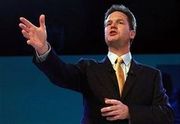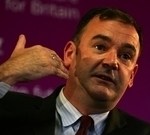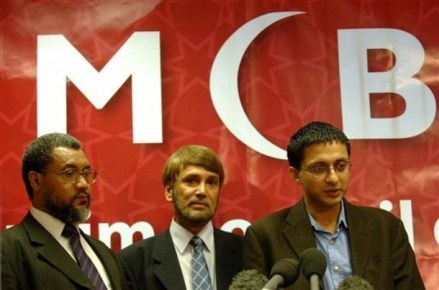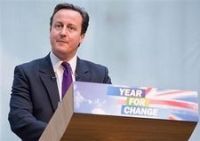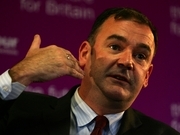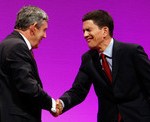Labour’s policy is a hostage to their internal struggles
So Gordon is selling himself as a champion of the middle classes. There is, as various commentators have pointed out, more than a little bit of hyposcrisy about that. But the thing that strikes me most about our PM’s change of tack is how similar it is to Darling’s honesty over cuts last weekend. Like Darling’s admission, it represents some sort of progress for Labour: on paper, the politics of aspiration should play better – and have wider appeal – than the crude class war that they’ve engaged in recently. But, also like Darling’s admission, it highlights just how inconsistent the government have been over the last few months.



